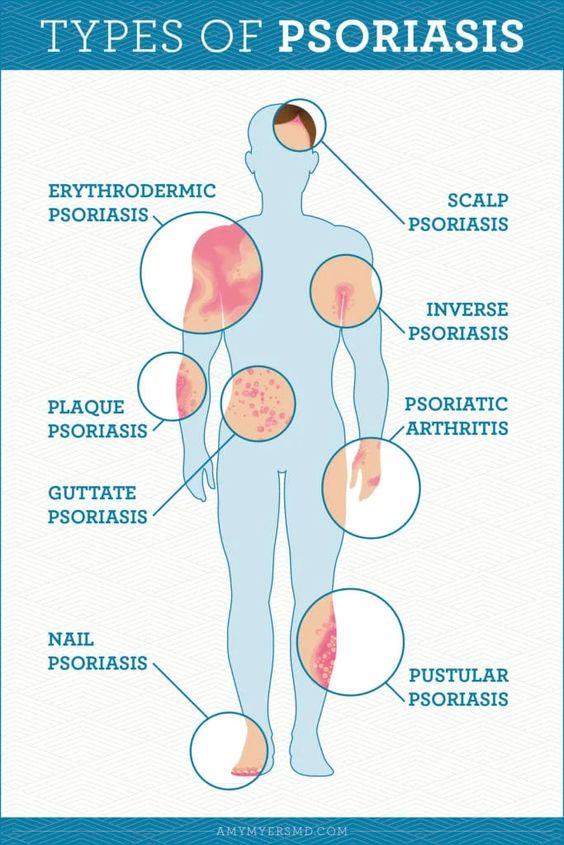Psoriasis is a chronic skin condition characterized by red, scaly patches that can be itchy and uncomfortable. While there is no cure for psoriasis, there are a variety of treatment options available to manage symptoms and improve the quality of life for those affected. Understanding the different treatment methods and how they work can help individuals with psoriasis find relief.
Types of Psoriasis Treatments
Psoriasis treatments can be grouped into three main categories: topical treatments, light therapy, and systemic treatments. Each treatment approach targets different aspects of the condition and may be used alone or in combination, depending on the severity of the psoriasis.
1. Topical Treatments
Topical treatments are usually the first line of defense for mild to moderate psoriasis. These are applied directly to the skin and are effective in reducing inflammation, scaling, and itching.
Topical Corticosteroids: These are the most commonly prescribed treatments for psoriasis. They help to reduce inflammation and slow the growth of skin cells. Corticosteroids come in various strengths, and it is important to use them as directed to avoid side effects like skin thinning.
Vitamin D Analogues: These synthetic forms of vitamin D help to slow down skin cell growth. Calcipotriol and calcitriol are commonly used vitamin D analogues for psoriasis treatment.
Topical Retinoids: Derived from vitamin A, topical retinoids like tazarotene help normalize skin cell turnover and reduce inflammation.
Salicylic Acid: Often used to remove scales, salicylic acid can be found in shampoos, creams, and ointments. It helps to soften and remove the thickened skin, making it easier for other topical treatments to penetrate.
Coal Tar: One of the oldest treatments for psoriasis, coal tar can reduce scaling, itching, and inflammation. It is available in shampoos, creams, and bath solutions.
2. Phototherapy (Light Therapy)
Phototherapy uses controlled exposure to ultraviolet (UV) light to slow the rapid growth of skin cells in psoriasis. It is typically used for moderate to severe psoriasis or when topical treatments are insufficient.
UVB Phototherapy: This treatment involves exposing the skin to UVB light, either through a lightbox or targeted lasers. It helps to reduce plaques and inflammation.
PUVA (Psoralen + UVA): This combines UVA light therapy with a light-sensitizing medication called psoralen. It is generally reserved for more severe cases of psoriasis and can be highly effective, though it carries a higher risk of side effects like skin aging and skin cancer.
Excimer Laser: This is a more focused form of UVB light that targets specific areas of the skin, making it ideal for treating localized plaques without affecting healthy skin.
3. Systemic Treatments
Systemic treatments are oral or injectable medications that work throughout the body to treat moderate to severe psoriasis. These are generally prescribed when topical treatments and phototherapy are ineffective.
Traditional Systemics: These include drugs like methotrexate, cyclosporine, and acitretin. They work by suppressing the immune system to reduce inflammation and slow skin cell turnover. While effective, they come with potential side effects, including liver toxicity, kidney damage, and increased susceptibility to infections.
Biologic Drugs: Biologics are newer, targeted therapies that work by inhibiting specific parts of the immune system involved in the development of psoriasis. Examples include adalimumab, etanercept, and ustekinumab. Biologics are often very effective for severe psoriasis and are administered via injection or infusion.
Oral Small Molecules: These include medications like apremilast, which work by targeting specific molecules involved in inflammation. They are taken orally and have fewer side effects than traditional systemics.
Lifestyle and Home Remedies
In addition to medical treatments, lifestyle changes and home remedies can help manage psoriasis symptoms:
Moisturizing: Regularly applying moisturizers can reduce dryness, itching, and scaling. Thick creams and ointments are often recommended over lotions, which may not be as effective.
Stress Management: Stress can trigger or worsen psoriasis flares, so incorporating stress-relief techniques such as meditation, yoga, or deep breathing exercises may help reduce symptoms.
Dietary Adjustments: While there is no specific psoriasis diet, some individuals find that reducing inflammatory foods (such as processed foods, sugary items, and alcohol) and increasing intake of anti-inflammatory foods (like fruits, vegetables, and omega-3-rich fish) can improve symptoms.
Avoiding Triggers: Identifying and avoiding triggers, such as smoking, alcohol consumption, and certain medications, can help prevent flare-ups.
















